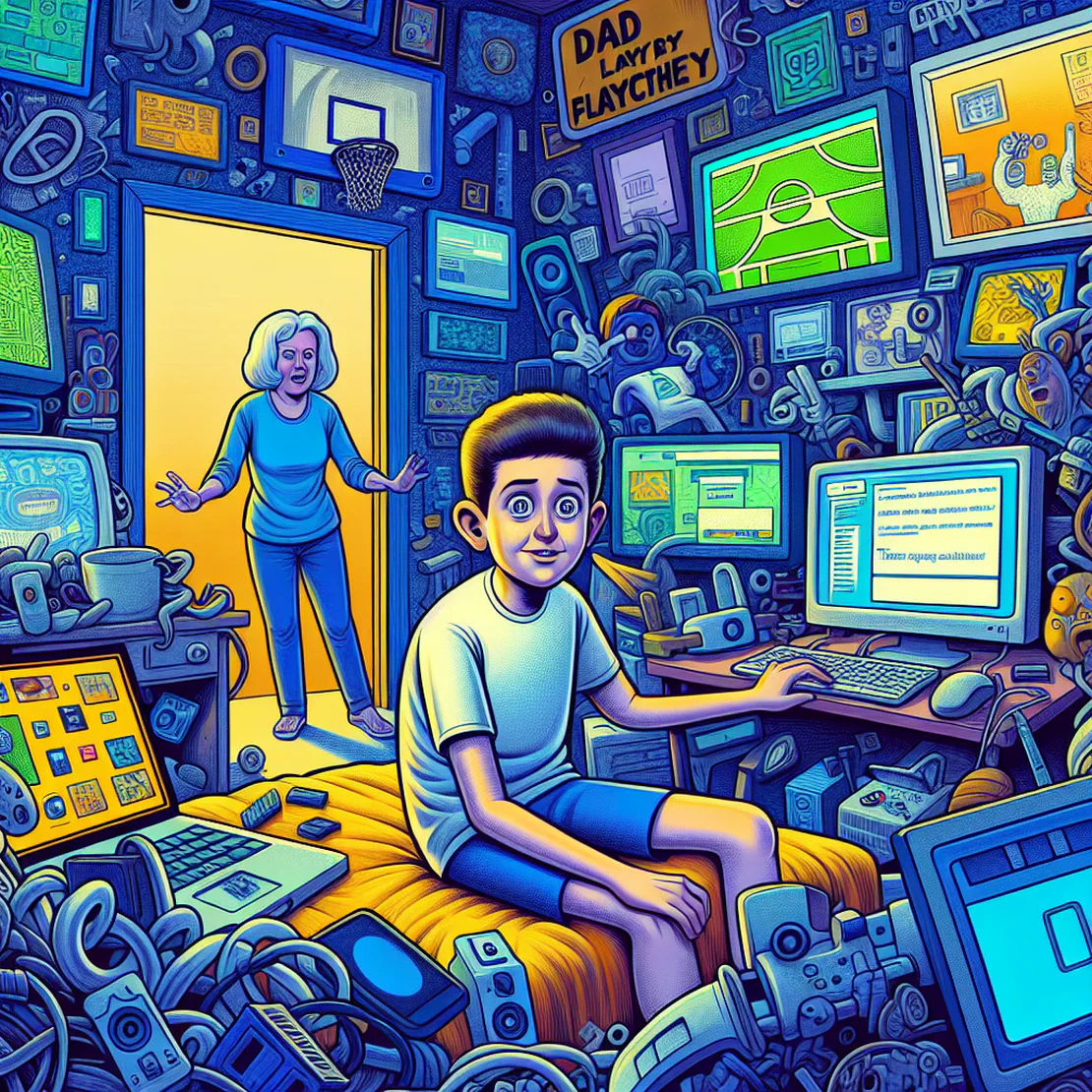
#1958 - Andrew Huberman
- The Joe Rogan Experience
- Science , Health
- March 21, 2023
Table of Contents
At a Glance
-
Lab Leak Hypothesis on COVID-19 - “The whole notion of the lab leak hypothesis was not foreign to scientists like me. The idea that it would come from a lab, to me, is far more plausible than the idea that it came from some pangolin sequence in the Wuhan market”. Huberman discusses the plausibility of the lab leak hypothesis, shedding light on the scientific community’s perspective and the potential for human error in laboratory settings. This reflects the ongoing debate about the origins of COVID-19.
-
Importance of Cold Exposure - “When you do the cold exposure the way you’re doing it or longer exposures at about 50 degrees or so, you’re seeing increases in dopamine, norepinephrine, and epinephrine that are 2 to 3x above baseline. This is huge”. Highlighting the benefits of cold exposure, Huberman explains its significant impact on neurotransmitters, which can enhance mood and overall well-being. This emphasizes the physiological benefits of practices like cold plunges.
-
Ethics of Genetic Manipulation - “A guy, he actually was a postdoc at Stanford, worked for a guy named Steve Quake…went off and started his own laboratory in China and stood up at a meeting a few years ago and said he had done CRISPR in human babies. This has been done”. This discussion touches on the controversial topic of CRISPR and genetic manipulation, raising ethical questions and the potential for scientific advancements in genetics. It illustrates the tension between scientific progress and ethical considerations.
-
Role of Testosterone in Pain Tolerance - “People who can tolerate stronger spice, men and women, we know it’s correlated with higher levels of circulating testosterone. What we’re really talking about is higher pain threshold”. Huberman connects pain tolerance to testosterone levels, providing insight into how certain physiological traits can affect behavior and pain management. This point underscores the relationship between hormones and physical endurance.
-
Fundamentals of Health - “I think the five pillars, if you will, are sunlight, getting light in your eyes; movement, cardiovascular and resistance training; nutrients, macronutrients, proteins, fats, and carbohydrates; sleep; and social connection”. Summarizing essential health practices, Huberman outlines key aspects of maintaining physical and mental health. This comprehensive approach highlights the importance of a balanced lifestyle for overall well-being.
What to Do
-
Consider Individual Differences in Health Advice - When seeking advice about physical, metabolic, or mental health, consider individual differences such as life experiences and predispositions to conditions like schizophrenia or bipolar disorder. Trust health advisors who follow their own advice and stay updated with current knowledge.
-
Be Cautious with Cannabis Use - While cannabis has clear health benefits, it can significantly increase the risk of psychosis in individuals, particularly young males with a predisposition to psychosis.
-
Adopt a Holistic Approach to Health - Health involves various factors like weight training, proper diet, hormone supplementation, and regular blood work reviewed by a qualified physician.
-
Utilize Available Resources Efficiently - Use concise resources like toolkits or summaries to get necessary information quickly.
-
Understand the Human Side of Institutions - Recognize that universities and other institutions are businesses that need to survive, which can influence their actions and decisions.
-
Be Honest in Professional Evaluations - When asked to write letters of recommendation or tenure evaluations, be honest about the individual’s qualifications rather than succumbing to pressure or personal biases.
-
Recognize the Competitive Nature of Academia - Achieving and maintaining a position in academia requires consistent hard work and careful selection of research questions. Monitor and address health metrics like blood pressure, body fat, hydration, vitamin D, and magnesium levels for overall well-being.
What to Get
-
Ashwagandha - Reduces cortisol, beneficial for managing late-day peaks in cortisol which are correlated with depression, anxiety, and insomnia. https://amzn.to/4b3tEfe
-
- Creatine - Amazon - Enhances forebrain function, beneficial post-concussion, post-surgery, postpartum depression, and for headaches. It also brings water into the muscles and makes you stronger.
-
Fish Oils - Mentioned as beneficial but specific benefits are not detailed. https://amzn.to/3VjXSF0
-
Rhodiola Rosea - Reduces cortisol levels. https://amzn.to/3xirgn4
-
Magnesium - Helps with sleep and is generally safe to take even if not deficient. https://amzn.to/3x6HOyw
-
Vitamin D - Important for overall health, with deficiencies linked to severe outcomes in COVID-19 cases. Supplementation could significantly reduce the risk of severe outcomes from COVID-19. https://amzn.to/3XHDiBt
-
NMN (Nicotinamide Mononucleotide) - Increases energy and improves recovery from workouts. It also promotes hair and nail growth. https://amzn.to/4cdRwy0
-
NAD (Nicotinamide Adenine Dinucleotide) - Available in patches for slow release, beneficial for metabolic health. https://amzn.to/3XmQoni
-
Inositol - Improves insulin sensitivity, beneficial for pre-diabetic and type 2 diabetes patients. https://amzn.to/3VrUnw7
-
Yerba Mate Tea - Stimulates GLP-1, which suppresses appetite. https://amzn.to/3VHaFCJ
-
Resveratrol - Mentioned in the context of market competition with NMN, but specific benefits are not detailed. https://amzn.to/3zbrsF7
-
NAC (N-Acetyl Cysteine) - Important for metabolic pathways and metabolic health. https://amzn.to/3z3wBiE
Summary
The conversation between Joe and Andrew Huberman is a fascinating dive into various scientific and societal topics, with Huberman providing deep insights and Joe adding his unique perspective. The discussion kicks off with Huberman talking about the importance of mouse studies in scientific research and how some scientists, like David, are pushing boundaries based on these studies. Huberman emphasizes that while he focuses more on human studies, he respects those who are eager to explore new health possibilities without waiting for large-scale trials. This part of the conversation highlights a significant agreement between Joe and Huberman on the value of proactive health measures, even if they are not yet fully validated by extensive human trials. The conversation then shifts to the topic of university funding and the influence of wealthy donors. Joe and Huberman discuss how many university buildings are named after donors who have contributed large sums of money, and they agree that while this is necessary for the survival of universities, it also raises questions about the influence of money on education and research. This segment includes a light-hearted moment where Joe jokes about the names on university buildings, and Huberman laughs, adding that universities are indeed businesses that need to pay their staff and maintain their facilities. They also touch on the controversial topic of public health and the motivations behind certain decisions, with Huberman noting that understanding human psychology is crucial in these areas. One of the more intriguing parts of the conversation is when Joe asks Huberman about his experiences with psilocybin mushrooms. Huberman shares that he finds a one-gram dose to be effective for him, providing a sense of happiness without a harsh comedown. This leads to a deeper discussion about the potential benefits of high-dose psilocybin for treating depression, with Huberman mentioning the importance of introspective work during these experiences. Joe and Huberman agree that silent darkness is essential for a meaningful psychedelic experience, referencing Terrence McKenna’s advice. This part of the conversation is particularly engaging as it delves into the personal and scientific aspects of psychedelic use, a topic that is both controversial and highly interesting. The conversation also covers the topic of cold exposure and its benefits, with Huberman explaining the physiological responses during cold shock and how it can be a mental challenge to stay in cold water. Joe shares his own experiences with cold exposure, and they both laugh about the difficulties and benefits of this practice. Huberman’s detailed explanation of the science behind cold exposure and Joe’s personal anecdotes make this segment both informative and entertaining. The discussion wraps up with Huberman promoting his podcast, “Huberman Lab,” and Joe expressing his appreciation for the wealth of information Huberman provides. This final part of the conversation underscores the mutual respect and camaraderie between the two, leaving the audience with a sense of having gained valuable insights from their exchange.


